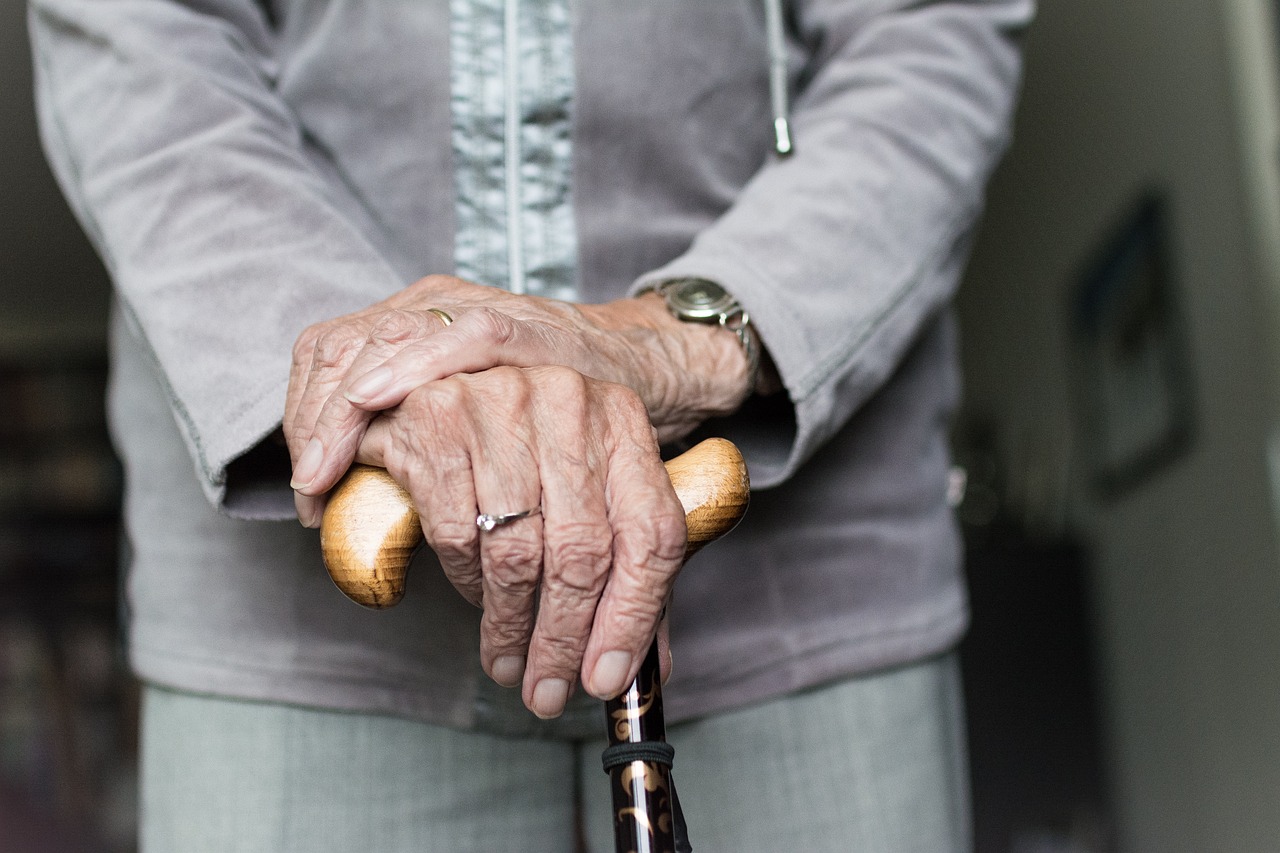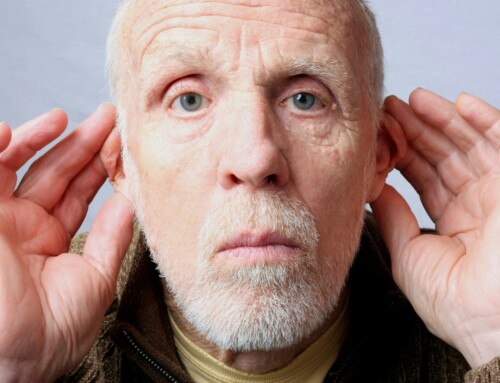Everyone can experience an occasional accident, but seniors have higher fall risks than other demographics. This is because, as a whole, seniors are more likely to suffer from one or more conditions identified by the CDC as fall risks, which include lower body weakness, Vitamin D deficiency, difficulties with walking and balance, use of certain medications, vision problems, and foot pain. These risks focus on issues resulting from a senior’s ability to maneuver themselves, but sometimes, other factors are at play. For seniors dealing with Alzheimer’s or other forms of memory issues, any existing physical risks are exacerbated.
For instance, a senior with memory issues might forget to use a walker even if they know they need one. Or, they may get confused and end up in a situation where maneuverability is limited, resulting in a fall. In essence, seniors are at higher risk of falls, and seniors with memory issues crank these risks up to eleven.
Ways Family and Caregivers Can Help Reduce Fall Risks
Unless a senior stays in bed all day or remains in a wheelchair, there will be some risk of falls whenever they move around the house or venture outside. However, there are ways to limit a senior’s likelihood of falling and help them stay safe.
Home Safety Modifications: The home may seem like a safe haven, but it is the location of many serious falls that result in severe injuries. Near locations with fall risks, like stairs and bathrooms, living spaces should include grab bars to help seniors keep their balance. In addition, all areas of the home should have minimal contributing factors, which means no clutter, no areas lacking illumination, and no tight corners. You should even consider rearranging furniture to create clear, wide paths for easier navigation.
Regular Exercise: If you look back at the CDC list of conditions that increase the risks of falls, you will see numerous factors that can be addressed with proper exercise and conditioning. Physical activity, in all forms, is a vital part of healthy living to maintain strength, balance, and coordination. Plus, getting out in nature during walks helps address vitamin D deficiency. Seniors and their families should also consider physical therapy to help address ongoing issues, like foot pain, that may get in the way of exercise.
Medication Management: Most seniors in America take one or more medications, some of which may cause side effects that increase a senior’s risk of losing their balance. While stopping medication intake is dangerous and not advised, it’s important to be mindful of how current medications can make someone feel and take action accordingly to reduce risks.
Supervision and Support: Falling is an ever-present risk, but one of the greatest issues with falling is the fact that seniors may be unable to get up and seek help after a fall. Without prompt medical attention, any conditions and injuries are sure to worsen. Therefore, caregivers, family members, and assisted living facility staff who are always nearby and ready to help are a massive help when it comes to combating fall risks. For seniors prone to wandering or confusion, having a consistent routine and a trusted person to guide them can also reduce the chances of them getting into unsafe situations in the first place.
Assisted Living and Memory Care Can Help Mitigate Fall Risks
While home modifications and family support can go a long way, the level of care needed to prevent falls in seniors with cognitive and memory issues can become overwhelming. Assisted living and memory care facilities provide a safer environment with trained staff to understand these seniors’ unique challenges. With constant supervision, schedules, activities designed with seniors in mind, and a fall-prevention-focused environment, assisted living and memory care are the right choices to protect your loved one from the dangers associated with aging.
Contact A Banyan Residence today to schedule a tour of our facility and learn how our staff and amenities can help your family member.







